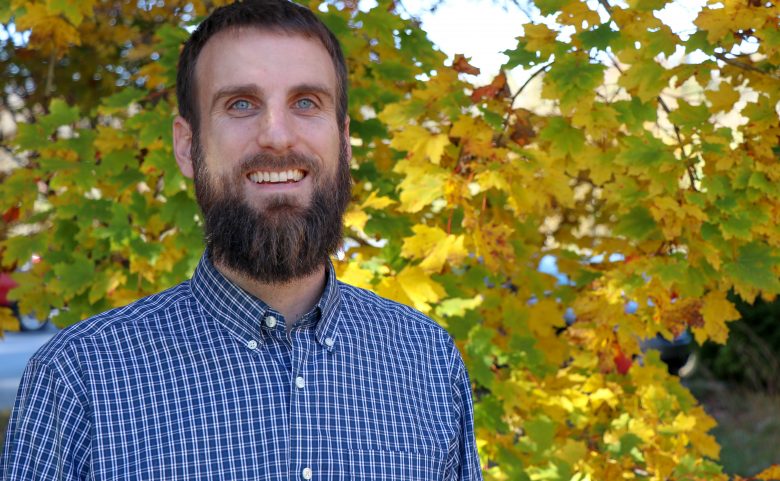In honor of National School Psychology Awareness Week (November 12-16 2018), we’re introducing you to each of our 10 school psychologists, and letting them explain what their jobs in our schools look like. They’re also going to debunk some common misconceptions about their roles (hint: they do not have fainting couches in their offices).
Meet: Jeff Kilpatrick, SSP
What are some myths about the role of a school psychologist you’d like to dispel?
That we’re all doctors. While some school psychologists hold a doctoral degree (PhD) , many school psychologists hold a Specialist in School Psychology Degree (SSP) or a Masters degree. Also, school psychologists do not prescribe medication or provide any other type of medical treatment.
Another misconception is that school psychologists only conduct psychological evaluations. As it’s been said before by my peers, we can play so many different roles in schools: ranging from behavioral consultation, academic consultation, crisis response, instructional support, social skills development, school level data analysis, district level data analysis, research, and linking families to school and community resources.
What specific elements of your job are you particularly passionate about?
I am passionate about planning interventions that help prevent significant academic delays and behavior challenges. Helping schools provide early interventions that target specific skills that need improving can lead to significant improvements for students over the course of their educational careers. I am also passionate about helping parents, students, and teachers navigate systems of school-based supports.
How do you help them navigate these supports?
Due to legal requirements, the Exceptional Children’s program (EC) and Multi-Tiered Systems of Support (MTSS or Tier program as it is commonly known), often use complex terminology and require lengthy documentation to be completed by schools. As a school psychologist, I like to help others understand these programs by providing time to answer questions using clear, simple, and concise language.







